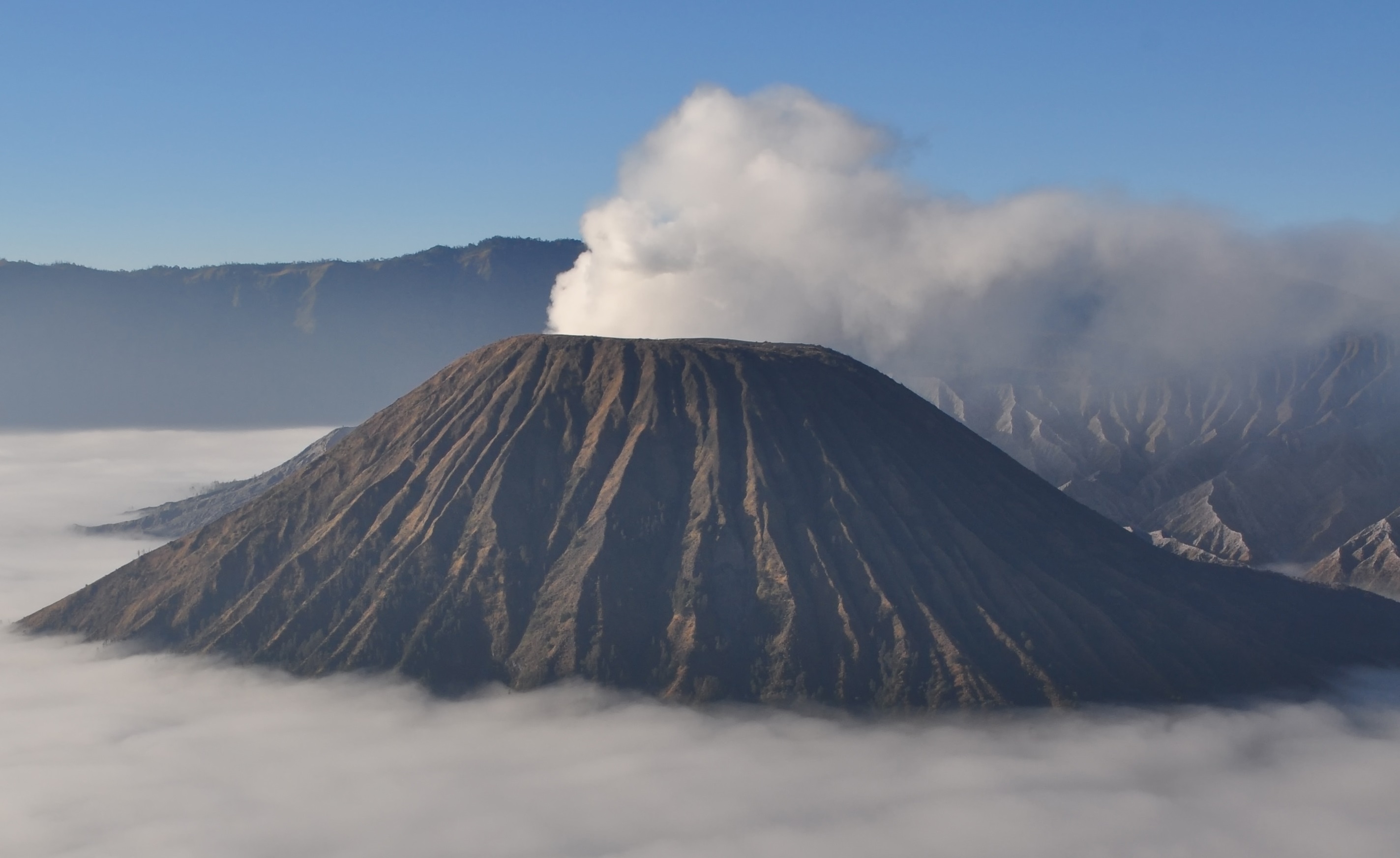Catastrophic Coverage
Submitted by Atlas Indicators Investment Advisors on November 1st, 2017
Earlier this month I was drawn to this Bloomberg headline: "Yellowstone supervolcano may erupt sooner than thought, potentially wiping out planet." Naturally I immediately logged a call to my insurance agent to make sure I would still be covered in such an event. In a similar vein, The Economist recently questioned why Houston has suffered three so-called "500-year floods" within the last 50 years. This was prior to the cascade of severe storms that quickly followed Harvey: Irma, Katia, Maria, and Ophelia as of this writing.
Whether causality may be ascribed to human behavior or is simply the product of meteorological anomalies is not something I am qualified to determine. But I must ask how much impact these events will have on the solvency of insurance companies. Since policy premiums are derived in part from probability estimates, several abnormally severe storms in relatively rapid succession can result in claims well above what the issuer expected (and held reserves against).
Since utilities and municipalities often fund infrastructure development by issuing bonds to raise the required capital, catastrophic events may prevent them from recouping the investment through fees. If the bonds were insured, we may again find the policy underwriter caught wrong-footed. Compounding the problem, since engineers repairing and replacing damaged roads, sewers, pipelines and so forth will probably implement construction standards designed to withstand future cataclysms based on updated estimates of potential severity, the additional costs to reestablish requisite services could be higher than allotted reserves, adding to the difficulty an affected entity may face in servicing existing bond obligations, even threatening default.
Today's geologists and archeologists are uncovering additional evidence that large-scale storms, floods, and other such natural disasters have occurred more frequently than assumed using just the last couple of centuries as a guide. It goes without saying that if such events have happened in the past, they could happen again. While I have not made any plans (as of yet) to build an ark, I suspect heavier rains may be coming. It has only been about two months since Harvey made landfall. I haven't heard yet just how the monetary details surrounding insurance recompense for recent damage in and around the U.S. Gulf states will be handled (not to mention Puerto Rico's situation which is in a class all by itself). Will the check be in the mail soon? Ever? (by J R)

